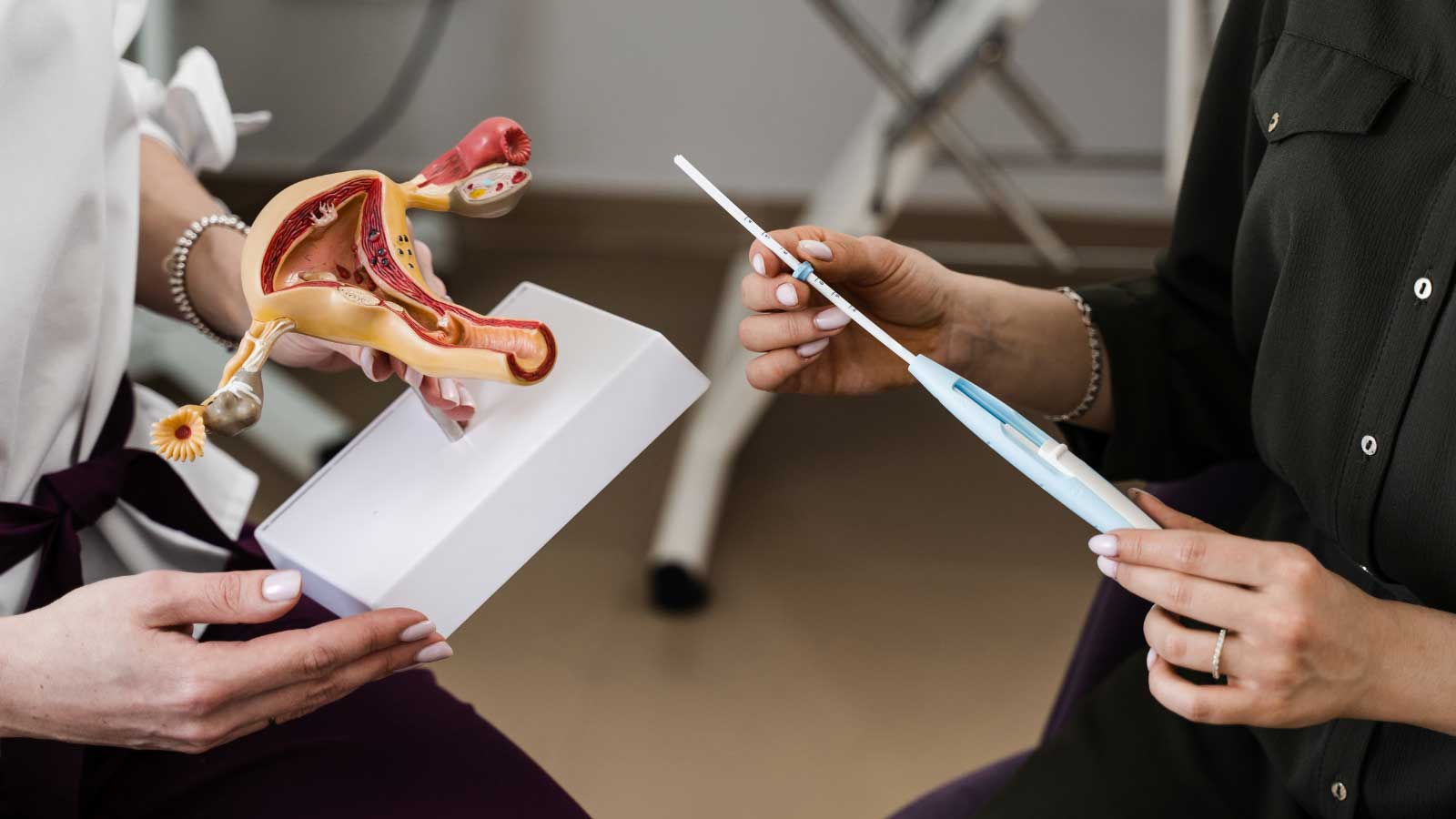Vaginal infections are more than just an inconvenience—they can cause itching, irritation, and the stress of recurring problems, all of which impact your comfort and confidence. These issues often stem from imbalances in the vaginal ecosystem, leading to conditions like yeast infections, bacterial vaginosis, or urinary tract infections (UTIs). You’re far from alone if you’ve experienced any of these challenges.
To provide you with assistance, we’ll explore vaginal health tips for maintaining balance and preventing infections through this blog. By focusing on effective daily practices and informed choices, you can achieve comprehensive sexual health and keep your vaginal environment in optimal condition.

Importance of Vaginal Health
A healthy vagina is crucial for overall comfort and confidence. It plays an essential role in reproductive health, sexual well-being, and protection against infections. Maintaining vaginal health involves supporting the natural balance of bacteria and pH levels to prevent complications.
For better context, maintaining and taking care of vaginal health,
- Prevents common infections such as bacterial vaginosis and yeast infections
- Supports natural lubrication and reduces discomfort during intimacy
- Promotes a balanced pH environment that protects against harmful bacteria
- Enhances reproductive health and fertility
- Helps prevent odor and irritation associated with imbalances
And on the contrary, ignoring vaginal health can lead to persistent discomfort and an increased risk of infections. Taking proactive steps can help you feel more in control and confident in your daily life.
Strategies for Maintaining Vaginal Balance
Keeping the vaginal environment balanced requires a combination of healthy habits and informed choices. Simple adjustments to daily routines can make a significant difference in overall vaginal well-being.
Daily Hygiene Practices
Good hygiene is essential for maintaining vaginal health, but it’s important to strike the right balance. Overwashing or using harsh soaps can disrupt the natural pH levels, leading to irritation and an increased risk of infections. Instead, use gentle, fragrance-free cleansers and wash the external area with lukewarm water daily.
Wearing breathable cotton underwear and promptly changing damp clothing can also help prevent unwanted bacterial growth. Avoid douching, as it can strip away beneficial bacteria that protect against infections. Staying mindful of these simple practices can support a healthy vaginal environment without unnecessary complications.
Nutrition and Lifestyle Impacts
A well-balanced diet plays a crucial role in vaginal health. Foods rich in probiotics, such as yogurt and fermented vegetables, can promote the growth of beneficial bacteria, supporting the vaginal microbiome. Hydration is equally important, as drinking enough water helps maintain natural lubrication and flush out toxins.
Lifestyle choices like managing stress and getting enough sleep also contribute to vaginal balance. Chronic stress can weaken the immune system, making it easier for infections to develop. Prioritizing overall wellness through healthy eating and self-care routines can create a positive impact on vaginal health.
Probiotic Support and Microbiome Care
Probiotics are beneficial bacteria that help maintain a healthy vaginal flora. Including probiotic-rich foods or supplements in your routine can support the balance of good bacteria, preventing harmful microbes from taking over. Lactobacillus strains, commonly found in probiotics, are particularly effective in keeping the vaginal pH at an optimal level.
Knowing your menopausal period is also crucial, as hormonal changes can alter the vaginal microbiome. During menopause, the natural decline in estrogen levels can lead to dryness and increased susceptibility to infections. Using probiotic supplements designed for women’s health can help counteract these changes and maintain vaginal balance.
Preventing Vaginal Infections
Preventing infections involves understanding potential risks and adopting proactive measures. Making informed choices about hygiene, lifestyle, and medical care can help reduce the likelihood of developing common vaginal infections.
Identifying Common Infection Risks
Vaginal infections can result from various factors, including poor hygiene, hormonal imbalances, and weakened immunity. Sexual activity, tight or non-breathable clothing, and excessive antibiotic use can disrupt the natural flora, leading to infections like yeast infections or bacterial vaginosis.
Understanding these risk factors allows for better prevention strategies. Recognizing early signs such as unusual discharge, itching, or odor can help you take prompt action before an infection worsens. Regular self-checks and staying aware of changes in your body can make a significant difference in preventing issues.
Natural Prevention Techniques
Several natural methods can help prevent vaginal infections without the need for medication. Practicing proper hygiene, wearing breathable fabrics, and maintaining a balanced diet rich in probiotics are simple yet effective ways to support vaginal health. Drinking cranberry juice or taking cranberry supplements may also help prevent urinary tract infections, which can impact vaginal health.
In addition, avoiding unnecessary antibiotic use and opting for natural remedies like coconut or tea tree oil, known for their antimicrobial properties, can help maintain balance. Incorporating these natural prevention methods can help reduce the risk of infections while supporting overall well-being.
Medical Interventions and Early Detection
In some cases, medical intervention is necessary to address persistent or recurring infections. Consulting a healthcare professional for proper diagnosis and treatment is essential if symptoms persist despite preventive measures. Prescription antifungal or antibiotic treatments may be required to restore balance.
Early detection plays a critical role in preventing complications. Regular gynecological check-ups and screenings can help identify potential issues before they become serious infections. Seeking timely medical advice ensures that any concerns are addressed effectively and that vaginal health remains a priority.
Conclusion
Maintaining vaginal health is an essential part of overall well-being. By adopting proper hygiene habits, making informed lifestyle choices, and understanding your body’s unique needs, you can support a healthy vaginal environment. Being proactive in your approach can help prevent discomfort and reduce the risk of infections. It’s essential to stay informed and seek guidance from trusted ob-gyn specialists to ensure you make the best health decisions.
Taking small, consistent steps can lead to significant long-term benefits. Whether it’s through balanced nutrition, probiotic support, or regular check-ups, prioritizing vaginal health contributes to overall confidence and comfort. Staying educated and paying attention to your body’s signals empowers you to maintain balance and address any concerns early on.

